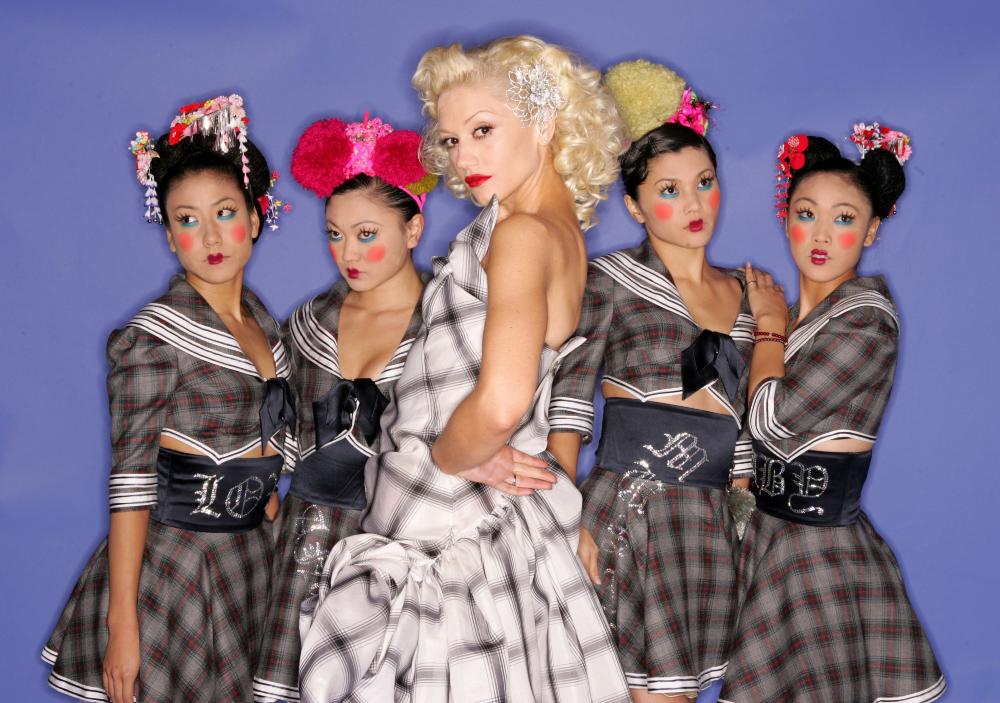Gwen Stefani is still defending her Harajuku Girls era in her career from persistent claims of cultural appropriation.
“We grow from each other; we share from each other; we learn from each other. And all these rules are trying to pull us apart,” the 52-year-old said during a Paper Magazine interview on Wednesday.
Stefani has experienced decades of cultural appropriation allegations, from wearing a bindi (an Indian religious symbol) in the late 90s to her “Luxurious” music video in 2005, where she copied Hispanic culture and appealingly danced in an Our Lady of Guadalupe t-shirt.
Stefani put on Native American attire in 2012 in No Doubt’s “Looking Hot” video, which portrayed an Indian vs Cowboys fight with feathered headdresses and teepees. The group deleted the video and apologized for “being offensive” and “hurtful.”
But the most terrible claim of cultural appropriation came from the Japanese-originated imagery Stefani used on her 2004 album “Love. Angel. Music. Baby,” which gave birth to her No.1 single “Hollaback Girl” Harajuku Girls.
Margaret Cho, who is a comedian, has compared Stefani’s girl group of dancers from Japan, which regularly accompanied the pop star in red carpet events and music videos, to a “minstrel show.”
“Racial prejudices are cute sometimes, and I don’t intend to bum everyone out by mentioning the minstrel show,” she wrote in an article in 2005. “A Japanese schoolgirl uniform is similar to a blackface.”
Stefani disagrees with the constant criticism to this day. During her People’s Magazine interview, she said people from various cultures could “share.”
“If we didn’t sell and buy and trade our cultures in, we wouldn’t have this beauty, you know?” Stefani said. “We grow from each other; we share from each other; we learn from each other.”
Stefani added: “I believe that we grew up in a century where we didn’t have so many rules. We didn’t have to follow a story that was being edited for us through the internet, and we just had so much freedom.”




